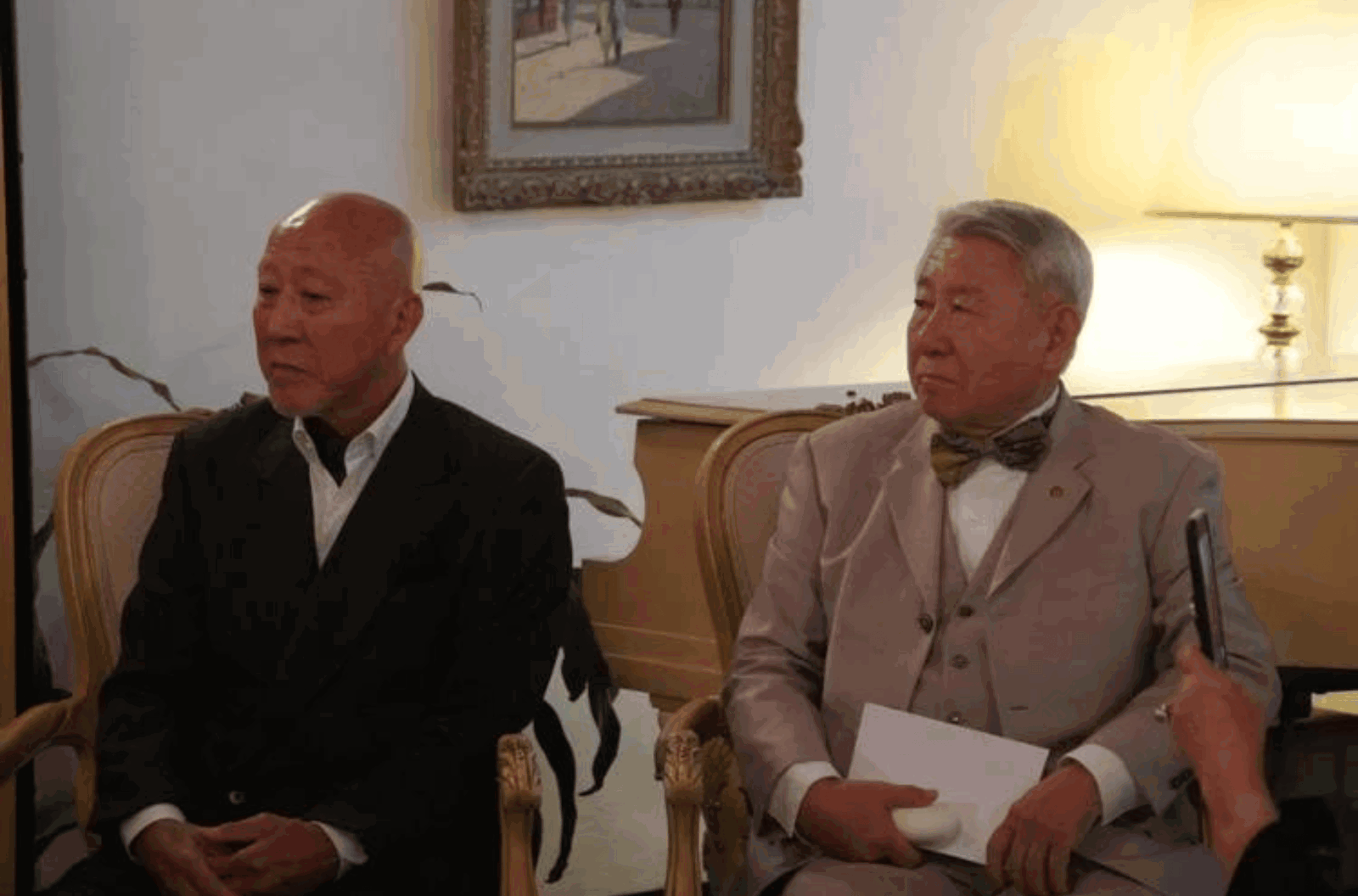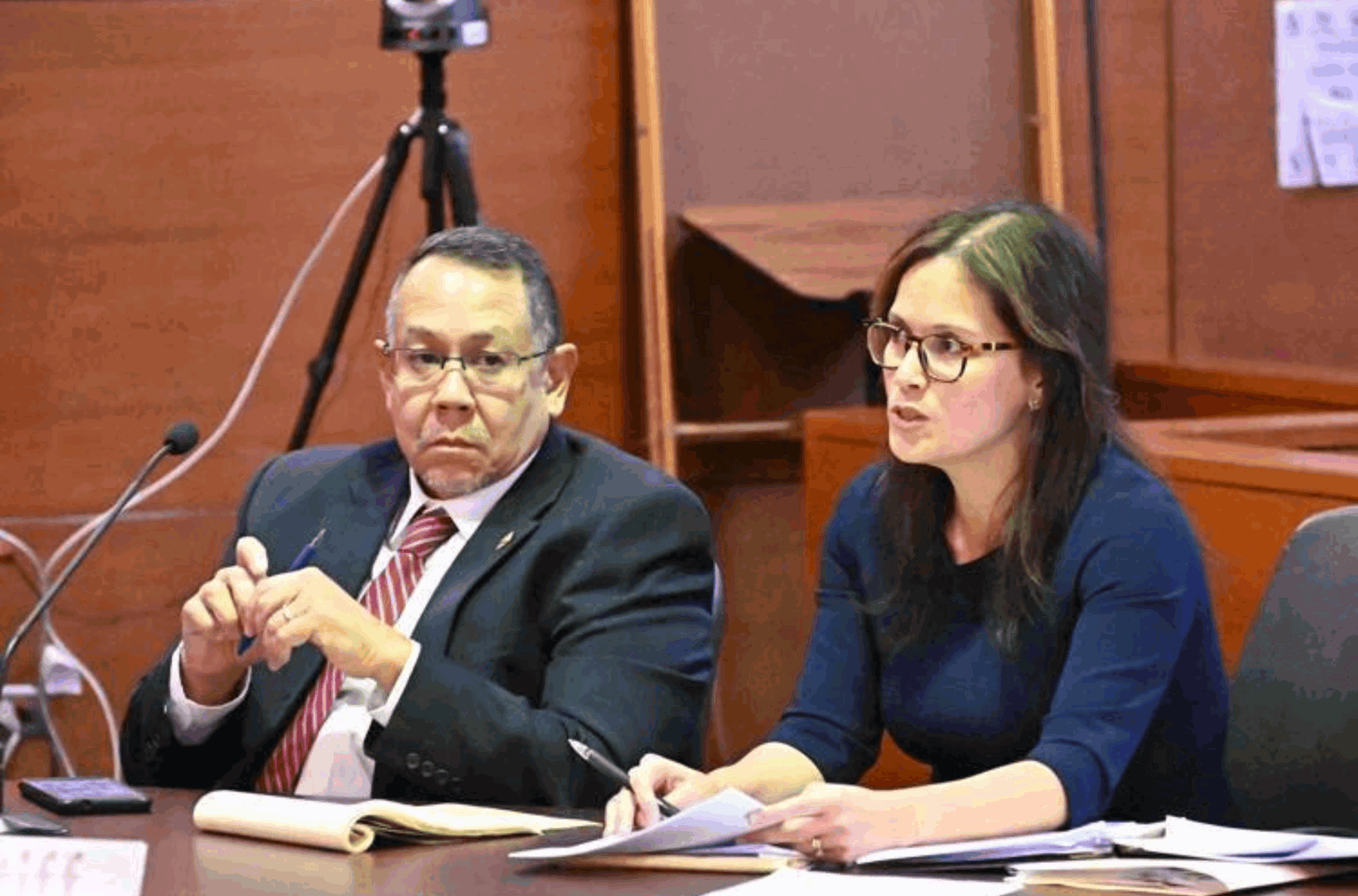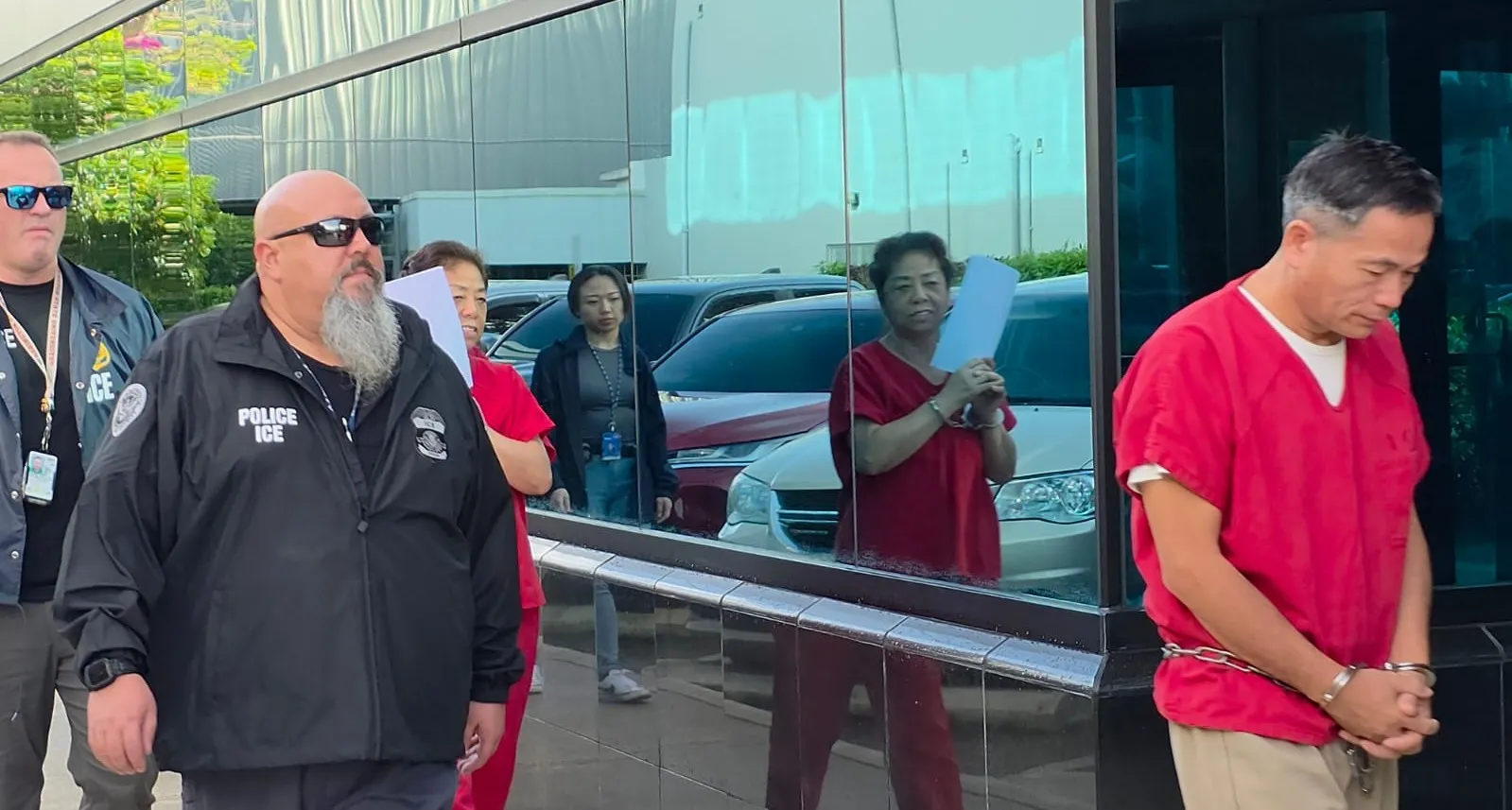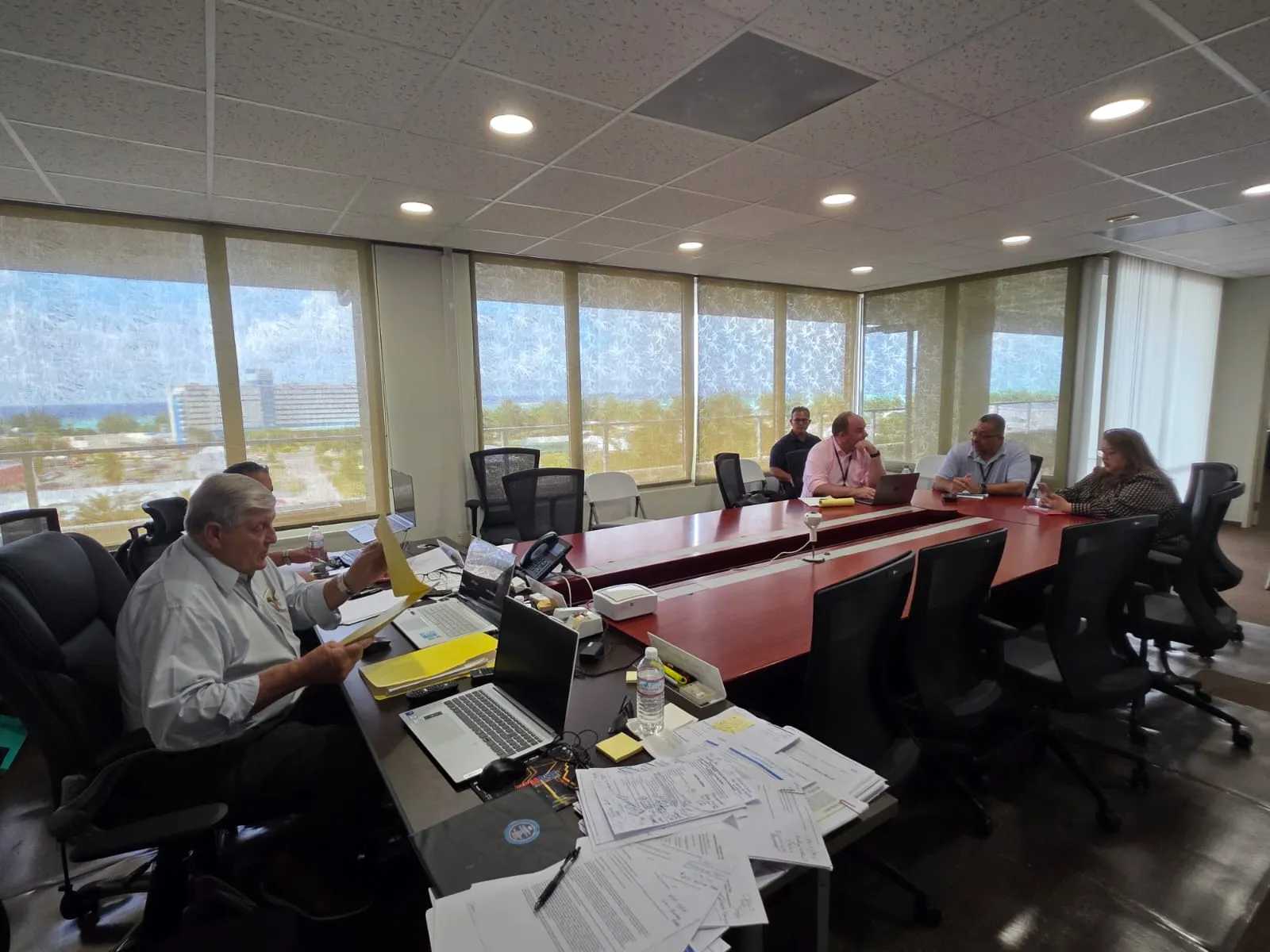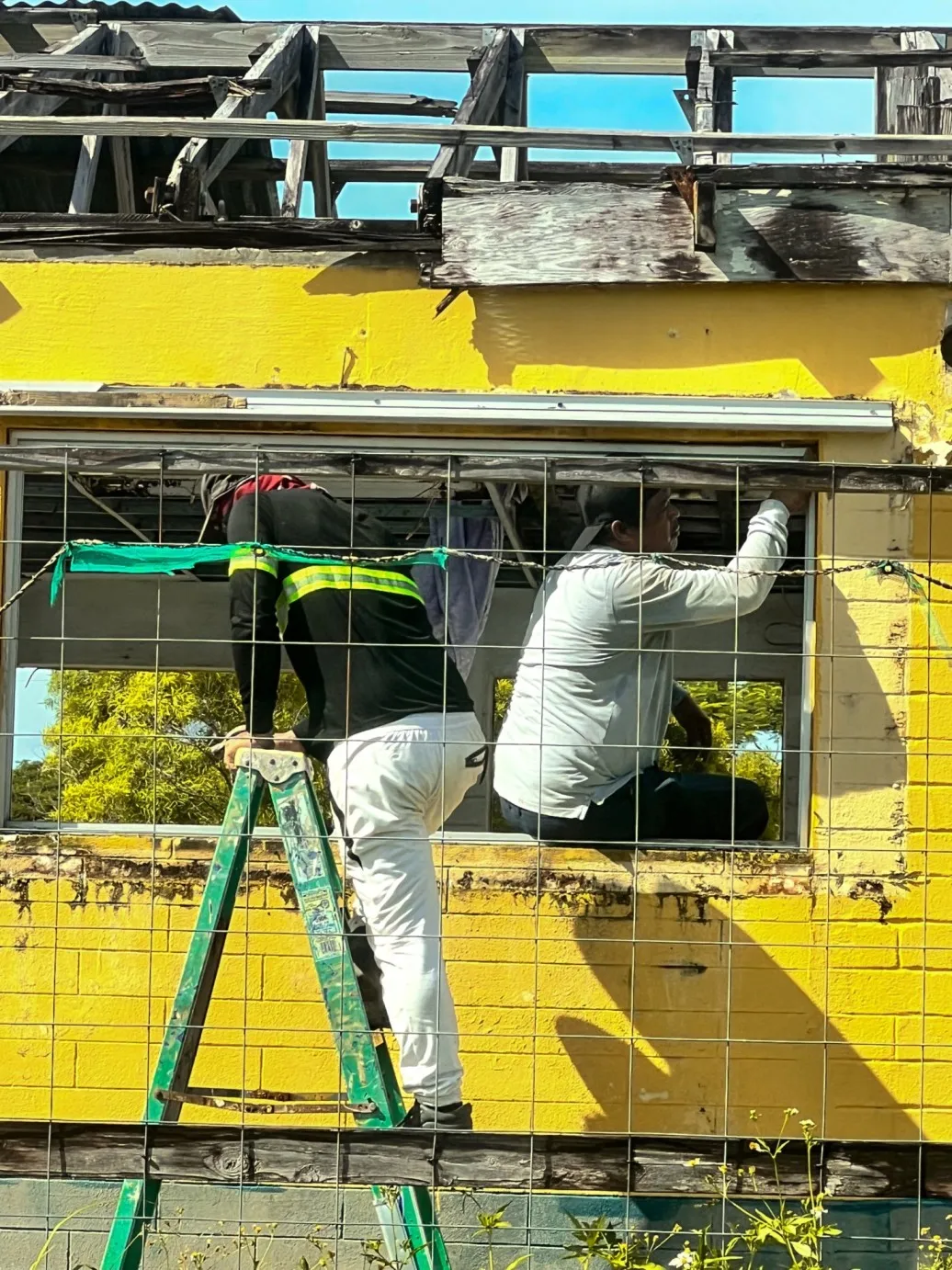HAGÅTÑA (The Guam Daily Post) — A judge is considering whether to disqualify the Office of the Attorney General from prosecuting government employees because of a possible conflict of interest.
A week after a motion to disqualify the AG’s office from prosecuting Alejo C. Sablan, Guam Regional Transit Authority board chair, Judge Alberto Tolentino took the matter under advisement on Wednesday afternoon in the Superior Court of Guam.
Sablan faces corruption charges related to the hiring of the former interim executive manager of GRTA, Richard Ybanez, without Ybanez “having a requisite college degree.”
Sablan, in his motion to disqualify, argued since the AG’s office, in particular Tom Keeler, an attorney in the civil division, “regularly interacted” with and guided Ybanez and the GRTA board, the AG’s office should be disqualified from prosecuting Sablan.
Objections
While Wednesday morning was expected to be the end of the evidentiary hearing where Keeler, Chief Deputy Attorney General Joseph Guthrie and acting chief prosecutor Gloria Rudolph testified about a potential conflict of interest in the GRTA case, the hearing did not go forward as planned.
The issue that ended up taking the most time to talk through and argue was from a request made by Rudolph to call Jeffrey Moots, legal counsel for the governor’s office, as a witness to testify.
In response to the request, both of Sablan’s attorneys, Joaquin “Jay” Arriola Jr. and William Brennan, along with Adelup legal counsel Leslie Travis, objected and questioned what Moots’ testimony had to do with the motion to disqualify the AG’s office from prosecuting Sablan.
“We’ve not received any indication that the government will be calling witnesses at this hearing, with the exception of … acknowledging Mr. Keeler would retake the stand. We’ve not received the witness list and I ask for an offer (of) proof why the counsel for the governor is relevant to a motion to disqualify the Office of the Attorney General,” Brennan said.
Travis, who filed a motion to quash the subpoena, which has resulted in an established briefing schedule to allow the AG’s office and Adelup to provide responses and replies to the motion, questioned why a subpoena was issued if Moots was to be called as a witness in the evidentiary hearing.
With Tolentino expressing his confusion on the issues, Rudolph explained Moots’ testimony is needed, considering Keeler previously testified he communicated with Moots regarding Ybanez serving as the interim executive director of GRTA without a requisite degree.
“We want to see if Mr. Moots gave that advice, and Mr. Keeler did testify that he spoke to the governor’s counsel regarding this exact issue. So that’s why we wanted Mr. Moots to testify as to what he discussed, not only with Mr. Keeler, but with the GRTA board and Mr. Ybanez,” Rudolph said.
She further explained calling Moots to testify is within the AG’s office’s right to respond to the evidence and she intended to have the motion to quash addressed first, and before the evidentiary hearing is completed.
“Is this another delay tactic?” Arriola asked Tolentino, who eventually decided not to allow Moots to testify at the hearing and complete testimony.
“The court is not going to allow Mr. Moots to testify. … I’m sorry to say, Ms. Rudolph, it’s like your office has not planned what it needs to do in order to resist the motion to (disqualify),” Tolentino said.
“We could have finished off this hearing the first time we convened. … I’m getting hit with all these requests coming in. … It’s like you’re throwing the entire kitchen sink at the court, hoping that somehow it’s going to help you respond to the DQ motion,” Tolentino added.
Under advisement
Following the morning part of the hearing, the evidentiary hearing was sealed, testimony continued and attorneys gave their final arguments on the motion to disqualify.
Tolentino then took the matter under advisement and said he will issue his order and decision at a later date.
Throughout the hearing, which was unsealed at the beginning, Guthrie and Keeler testified about discussing through email Ybanez’s qualifications as the GRTA interim executive manager.
In those hearings, Guthrie testified he wasn’t aware if a conflict wall was in place, a question asked by Sablan’s counsel considering Keeler advised the GRTA board. Then, when Keeler testified, he reviewed emails in which he wrote to Attorney General Douglas Moylan that “it wasn’t clear” Ybanez was “improperly in the interim position.”
Arriola further told the Post over the weekend that “it was abundantly clear” the AG’s office has a “clear conflict of interest in prosecuting the GRTA board members and the former acting executive manager.”
The AG’s office has contended that determining whether an ethical wall was in place is unnecessary.
